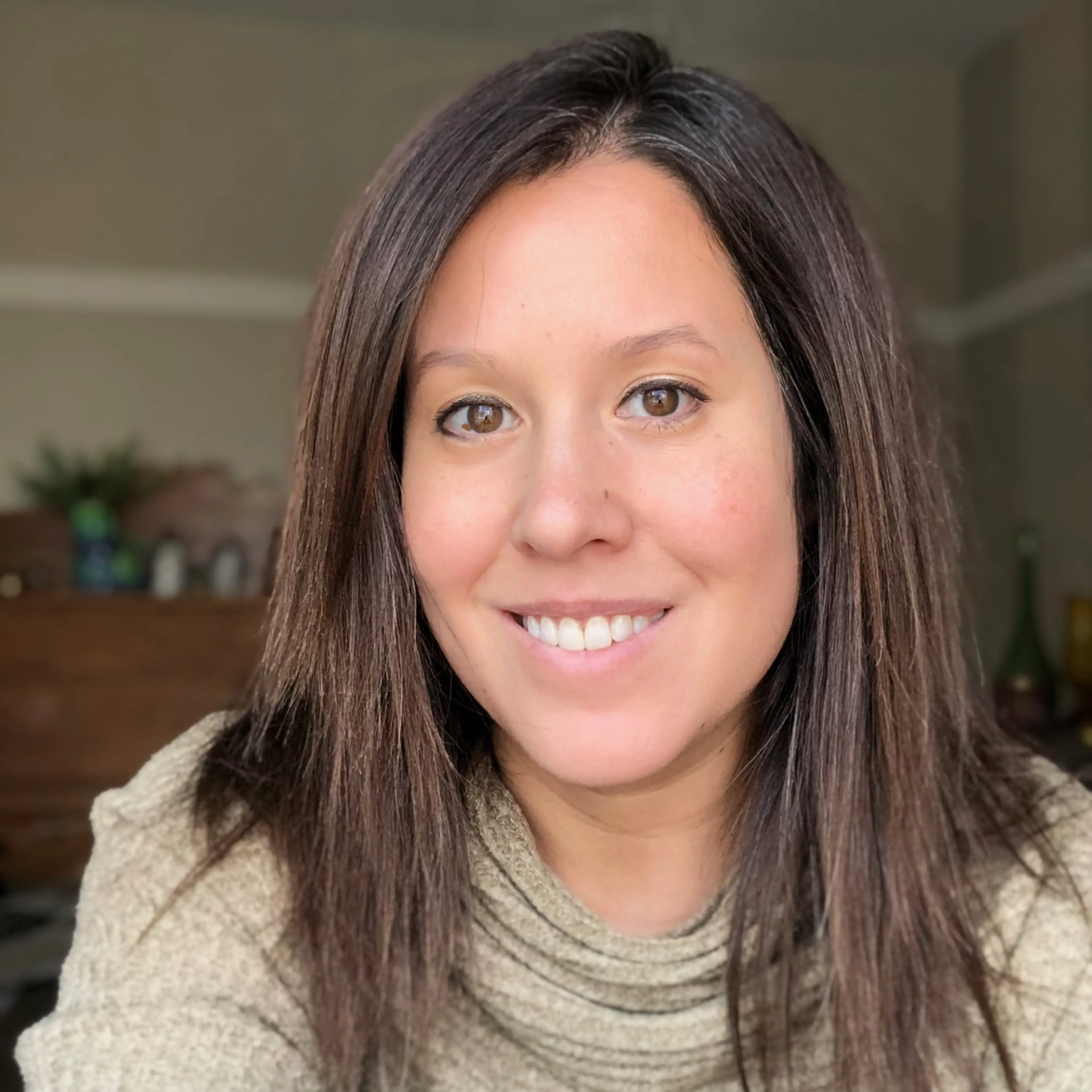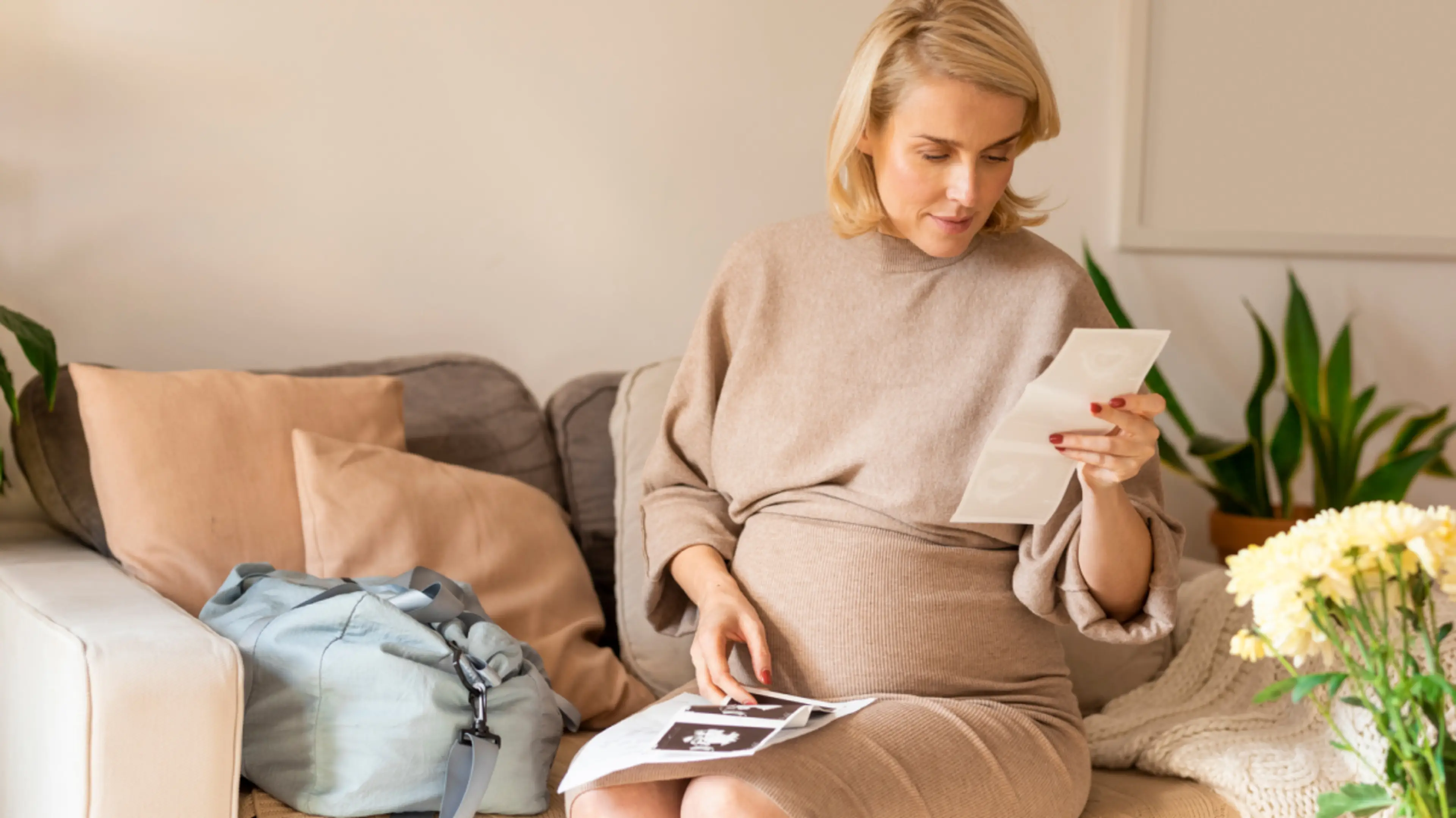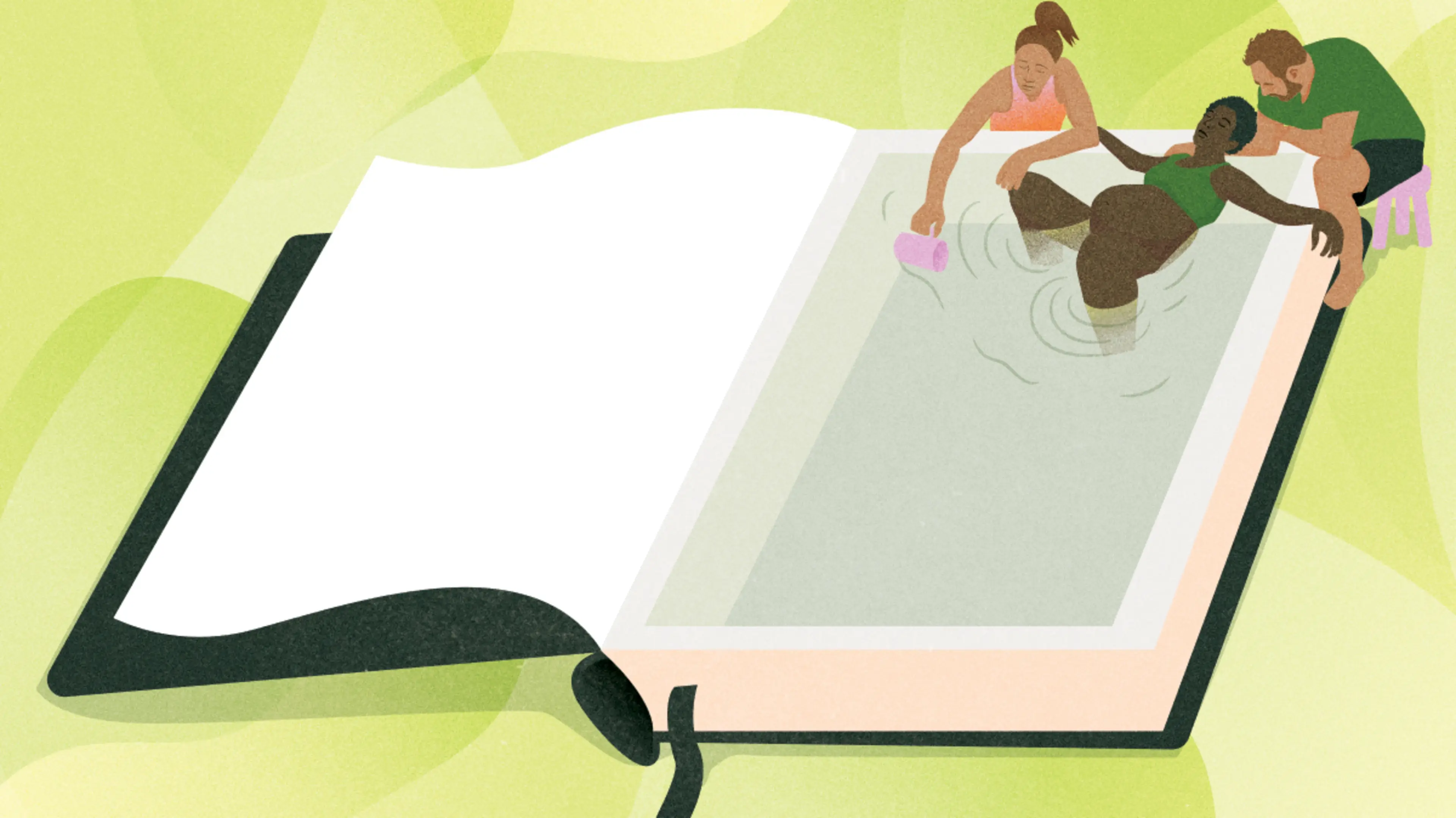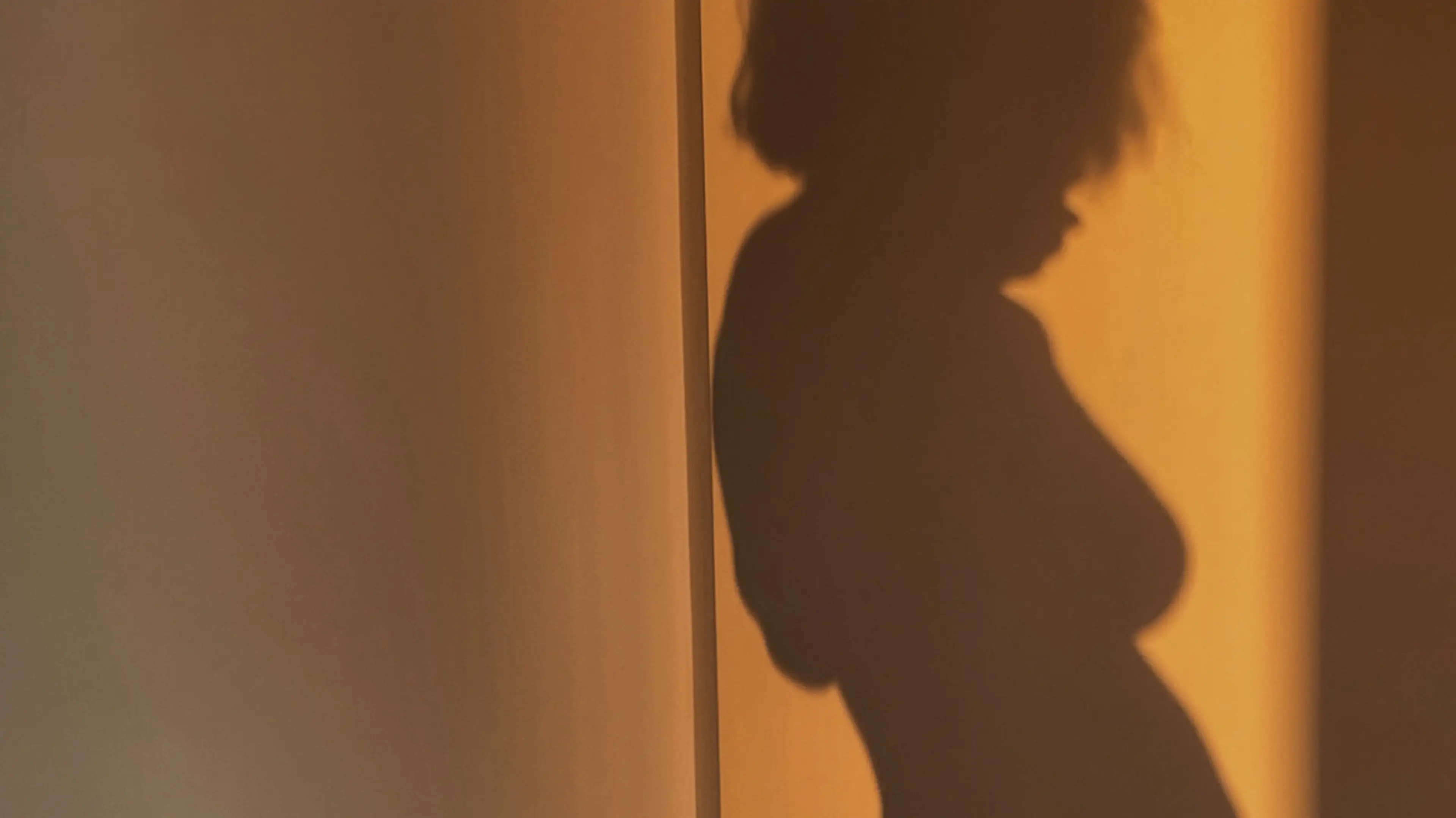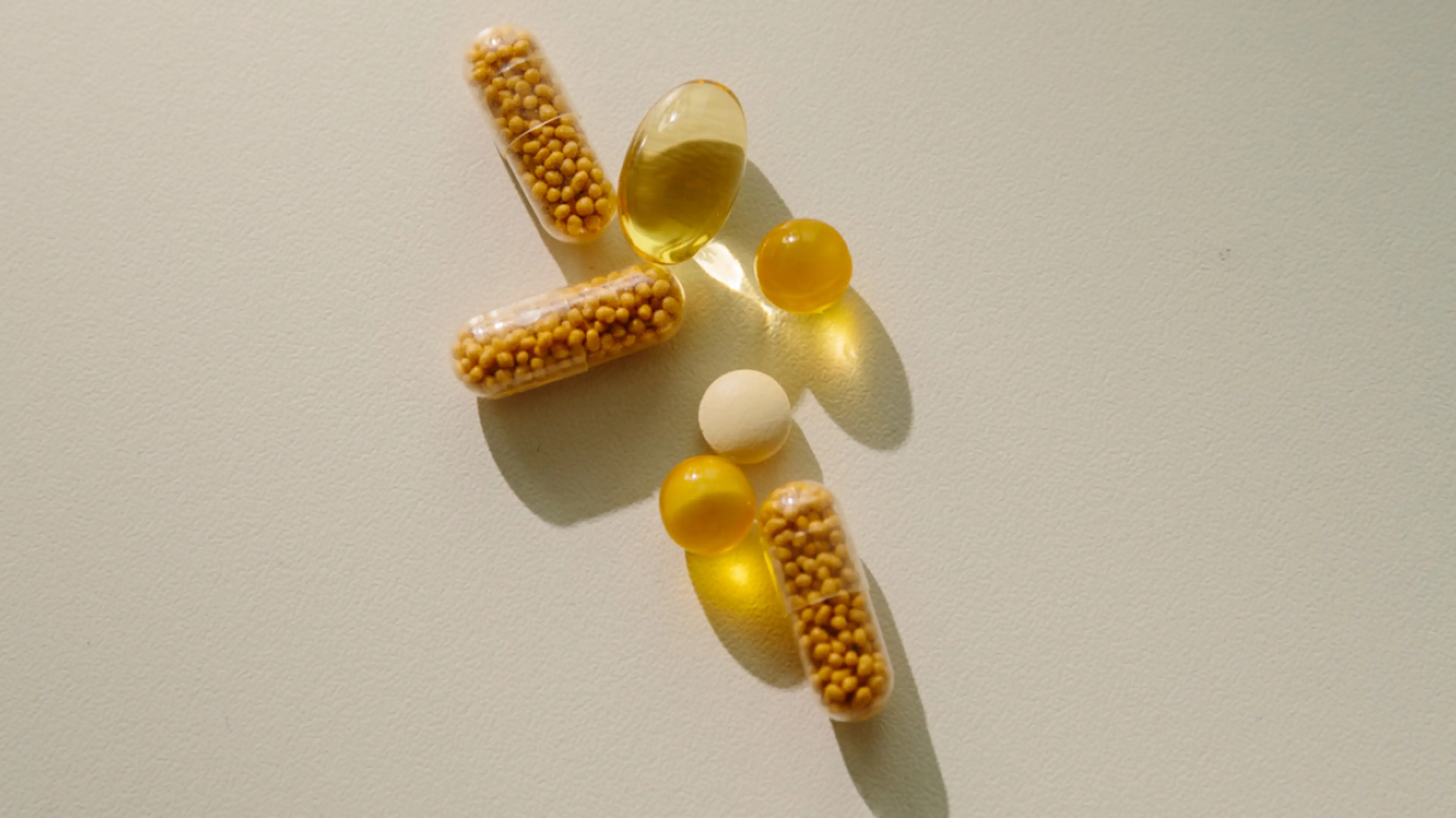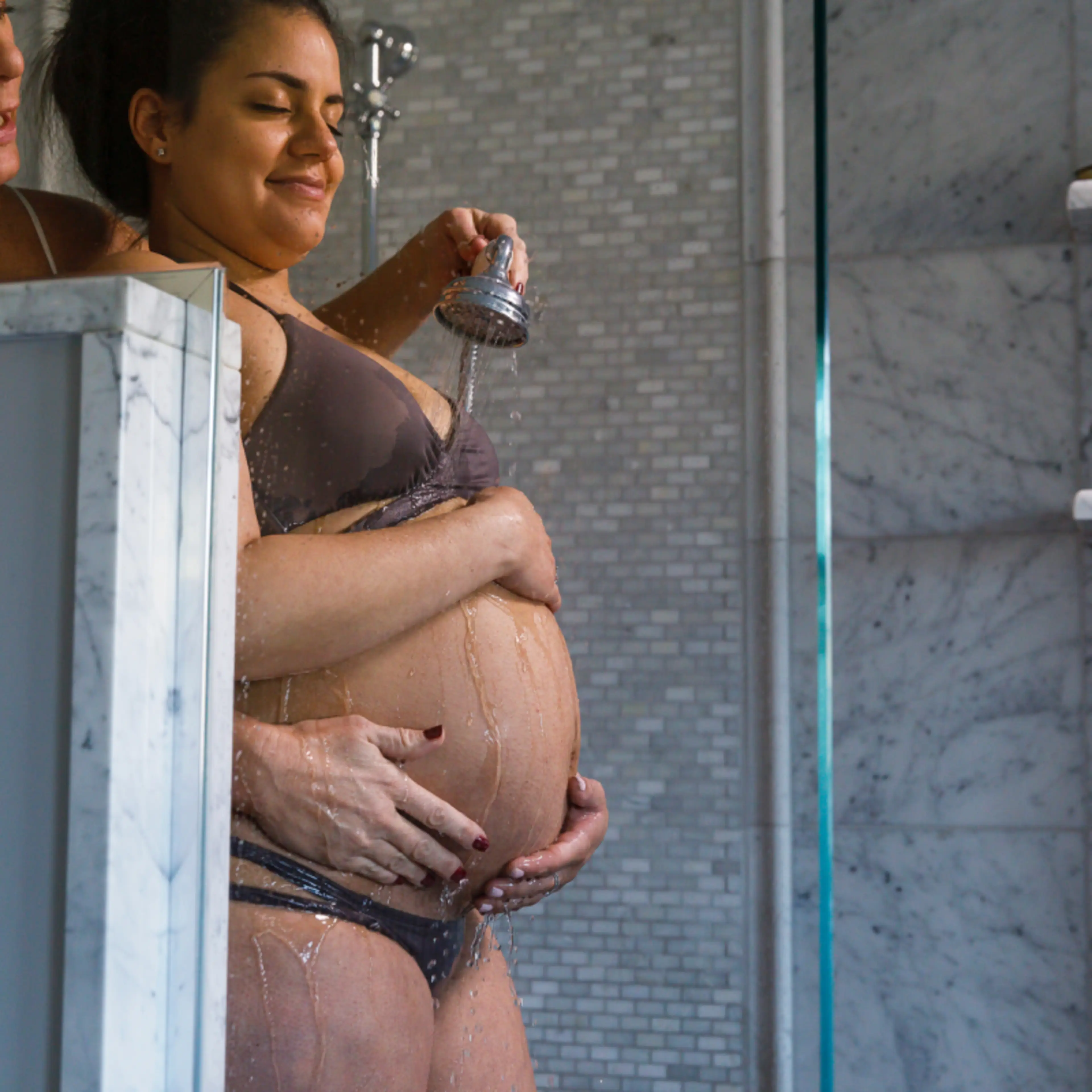There’s been an absolute boom in Hollywood pregnancy announcements this year—Rooney Mara, Vanessa Hudgens, and Elisabeth Moss, to name a few—and many of them have one thing in common. They’re all talented actors, of course, but based on age alone, the baby bumps they’re sporting are squarely in the “geriatric pregnancy” club.
If referring to the likes of Vanessa Hudgens as “geriatric” feels outrageous, know two things: anyone who will be 35 or older at their due date is considered to be in this group, and experts technically no longer use the term “geriatric pregnancy.” It’s now been softened to the hardly better “advanced maternal age” or, according to The American College of Obstetricians and Gynecologists, “pregnancy at age 35 years or older1 ,” which, aside from being a mouthful, hasn’t exactly caught on with the general public.
No matter what you call it, though, having a baby later in life might mean a few extra tests or a more cautious birth plan—but it doesn’t necessarily mean your pregnancy will be riskier or harder than someone who is 34 or younger. Here’s what to know about going through pregnancy with a little more wisdom under your belt.
There Are Emotional Benefits to Having Your First Child Later
If you are currently pregnant and happen to be 35 or older, you’re in good company. Along with Vanessa and Elisabeth, you’re in the 20 percent2 of women in the U.S. who will have their first child over the age of 35. As a member of this circle myself (I had my son at age 37), let me introduce you to some of the benefits of having your first kid a bit later.
For one, you’ve had a few more years to become emotionally ready to take on this beautiful and utterly transformative life change. You’re done with the college parties, the bar scene, the spring break debauchery; you’ve experienced love, loss, heartbreak, and come out better on the other side. If you’re lucky, you might even feel more financially stable than you were in your 20s and early 30s.
All of those life experiences are preparing you for this moment. Because getting pregnant and having a kid will bring you to your knees. Whether that’s due to intense morning sickness in your first trimester, the love that breaks you open when you meet your baby for the first time, or the great humbling that comes with letting go of everything you thought you knew when raising a child who is a person all their own.
Starting your motherhood journey when you have a better idea of who you are only helps. Knowing what I know now about becoming a mom, I can say with 100-percent certainty that I was not ready before I finally made the leap.
So, having a baby a little later can be a big win emotionally. But physical health-wise? Yeah, there are some things you should know.
You May Be More Closely Monitored During Pregnancy
Let’s make one thing clear: how your pregnancy goes is far and away based on your own individual health and medical history—not your age. It’s true that as we age, we are more likely to face pregnancy complications like high blood pressure that can lead to pre-eclampsia, which is very serious, as well as higher rates of gestational diabetes, according to ACOG. Studies have also shown that women over 35 are more likely to be induced, have a c-section, and have post-delivery issues like postpartum hemorrhage.
Because of those extra risks, doctors act a little differently with the goal of making sure there is a healthy mom and baby on the other side. That might mean your healthcare provider will want to see you more, they may schedule frequent ultrasounds or fetal heart rate monitoring to make sure your baby is doing okay in there, or even have an earlier glucose screening test, according to the Cleveland Clinic3 .
But remember, those are just the stats and you are not a number. As with any pregnancy, taking steps to move your body, eat well-balanced meals, manage your weight as best you can, avoid alcohol and smoking, get your vaccinations to prevent infections, and continue on any treatment plans for other health conditions will help you have the best pregnancy and delivery possible.
You’ll Be Encouraged to Have Genetic Screening Tests
Aside from your health being closely monitored at each appointment, your provider will also recommend you have a non-invasive genetic screening via blood test or ultrasound. Why? Older eggs are more likely to have chromosomal abnormalities, which means your fetus could have a genetic disorder. (You may choose not to know this information and that’s okay, too). Again, just because the odds are higher, doesn’t mean your eggs have a problem.
If that test is inconclusive or shows there could be a potential genetic abnormality, you may be referred to a maternal-fetal medicine specialist, who works with people who have high-risk pregnancies. From there, you have the option to do more invasive genetic testing, including a chorionic villus sampling (CVS) or amniocentesis. CVS involves taking cells from the placenta to diagnose genetic conditions, while an amniocentesis is when a needle is placed through your abdomen to extract amniotic fluid from the uterus for diagnosis.
If that sounds intense, know that all of this is up to you. When I had a genetic screening done, the results came back inconclusive. So I had a second one. Still inconclusive. Not being a huge fan of uncertainty, I met with a maternal-fetal medicine specialist to understand my options. The conversation was admittedly pretty overwhelming. Having to think through impossible decisions based on stark facts and figures felt devastating. Still, I decided to have an amniocentesis for my own peace of mind. Was it fun? No, it sucked, but I’m glad I did it. That doesn’t mean it’s the right choice for you. How much you want to know is ultimately your decision.
Don’t Let a ‘Geriatric Pregnancy’ Phase You
Even if the term “geriatric pregnancy” is off enjoying retirement, it doesn’t change the fact that the public discourse around pregnancies in older bodies needs a makeover. More people are delaying starting families until later in life, and being over a certain age doesn’t necessarily mean your pregnancy is less healthy or won’t go smoothly. Yes, there might be some extra health considerations and a few more appointments, but age is just one factor. It is possible to be clear about the risks without making expecting moms feel shame or unnecessary anxiety about coming to motherhood later in life. Let’s lean into that together. Just look at Cameron Diaz, who had her first baby at 47. We should be celebrating that achievement rather than being shocked by it. In fact, a recent study from the Centers for Disease Control and Prevention found that people over the age of 454 are having babies now more than ever. Whether that’s a testament to advanced reproductive technology, better health monitoring, shifting societal norms, or a magical potion of all three, being an “old” mom is definitely a thing of the past.
